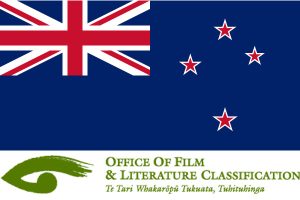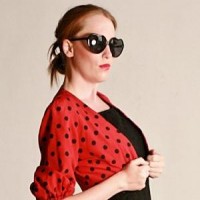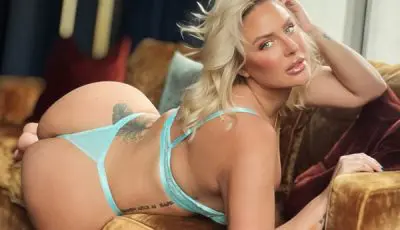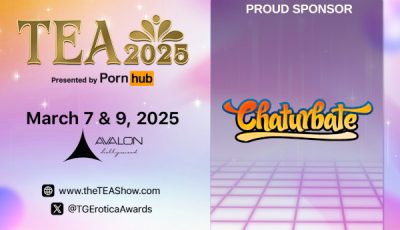NZ Censor Claims 1 in 3 Popular Porn Scenes Shows Non-consensual Activity
 It’s pretty annoying that legislators in the United States are clutching their pearls about citizens’ access to pornography, but it’s weirdly nice to know that we’re not the only ones whose governments are being ridiculous. In New Zealand, government officials have called limiting young people’s access to “harmful” online content a priority, according to the Guardian. As a result, the Office of Film and Literature Classification recently looked at the 200 most popular Pornhub videos watched by Kiwis over the past year. The results, said New Zealand’s Chief Censor (yes, that’s a real title) David Shanks, were “surprising and a little bit shocking.”
It’s pretty annoying that legislators in the United States are clutching their pearls about citizens’ access to pornography, but it’s weirdly nice to know that we’re not the only ones whose governments are being ridiculous. In New Zealand, government officials have called limiting young people’s access to “harmful” online content a priority, according to the Guardian. As a result, the Office of Film and Literature Classification recently looked at the 200 most popular Pornhub videos watched by Kiwis over the past year. The results, said New Zealand’s Chief Censor (yes, that’s a real title) David Shanks, were “surprising and a little bit shocking.”
To wit: “We found around about 35% of the clips contained some element of non-consensual behavior,” Shanks told ABC.net. The Guardian reported that Shanks went on to say, “Often the videos with this content would start with a reluctant partner, usually the female, who starts out saying ‘no’ to sex but whose initial resistance is overcome through insistence and subtle pressure by the male.” Then, the clincher: “For young people, or people inclined to coercion, the repeated theme of ‘no’ becoming ‘yes’ could very easily be problematic.”
Shanks went on to declare: “It is clear from this latest work that porn provides a very poor model for young people who are developing their understanding of consent and of what a healthy sexual relationship looks like.”
Then, to his credit, he added, “They need a real counterpoint to the fictional and confusing stories that porn offers.” It’s great that he sees the need for real-life education of young people about how consensual sex should work…but, unsurprisingly, nobody is stepping up to provide that “real counterpoint” he called for. And so, as is usually the case, fingers are being pointed at porn, and the adult entertainment industry is taking the blame for young people’s ignorance about sex.
Look, people: Safe, consensual, professional pornography—no matter where it’s produced, where it’s consumed, or what it depicts—is created with the goal of being purchased and watched by consenting adults as an outlet for their fantasy lives. The Herald went so far as to note that, “Mature viewers would realise that these scenarios were fake and contrived.”
Kim, a Sydney-based independent porn producer interviewed by ABC, said, “Porn can often be a really really great way for women, in particular, to explore those ideas and those fantasies in what is a quite safe environment.” But, she said, the context of that safe exploration is often lacking in society’s conversations about sex: “I think that conversations around porn need to be coming from sex educators. Our conversations around consent with our youth in general are extremely lacking.”
So, who’s going to step up to talk to young people—in New Zealand and the U.S.— about the difference between porn and real-life sex? Any takers?













